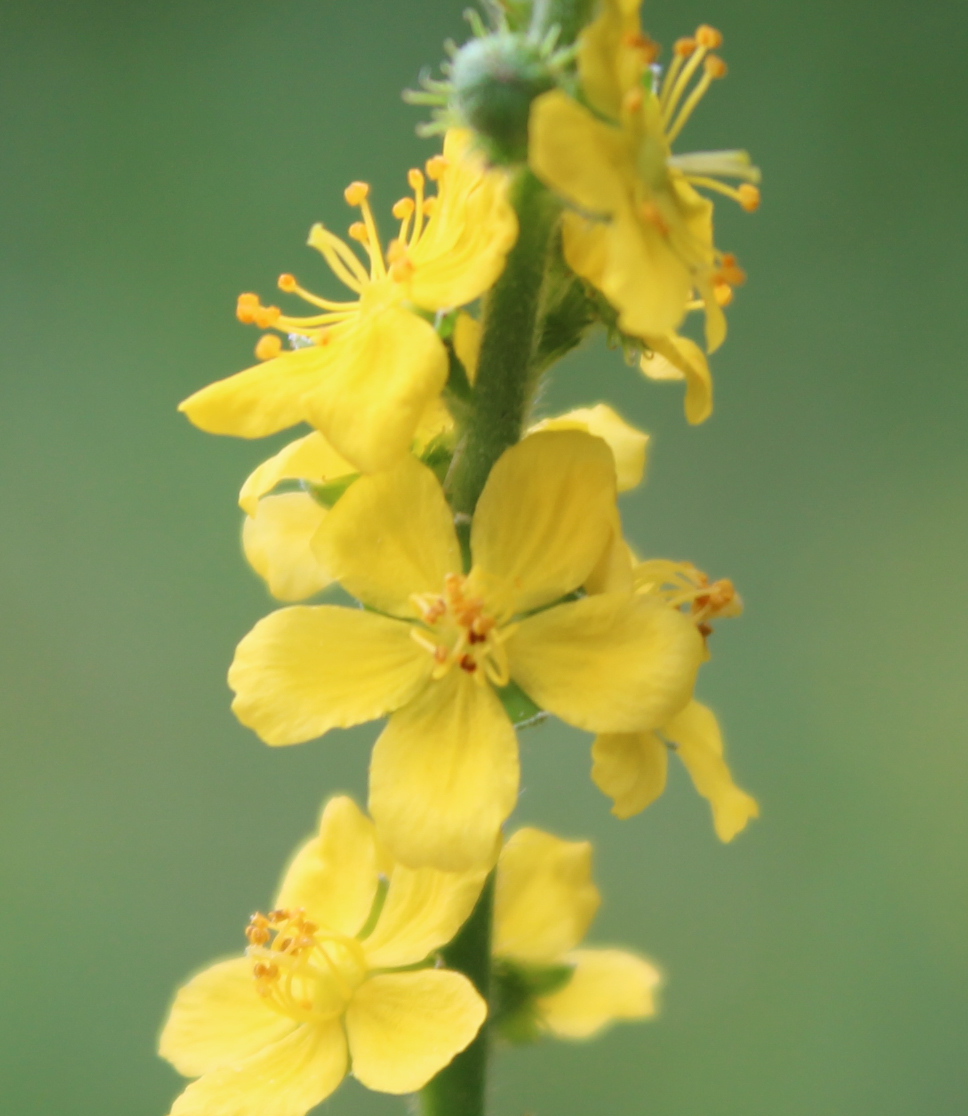I fell ill on 12 December 2025. It was strange - it didn’t feel like a cold, and I had no cough. I had an insane headache like I’d never had before, and I couldn’t eat anything. During that first week, I had no idea what I was suffering from. If I did force myself to eat three teaspoonfuls of rice, I couldn’t keep it down.
By the end of the week, I had lost two and a half kilos. I slept and slept, sometimes for 16 hours out of 24. It was the lack of energy that was most debilitating, along with the headache. Sometimes I needed two hours to get out of bed in the morning to fetch a glass of water. When I did manage to get upright, my pulse soared, and dizziness swept me - so I sat down again and waited. I had a temperature, and I was freezing from deep inside. I contacted my GP after a week in this state and told him I was feeling awful; he visited me shortly later at home and diagnosed pneumonia.
A couple of days after my doctor’s visit, I was admitted to hospital where they worked out which antibiotic would be right for me. They were caring, and mindful, and patient and not at all stressed out. Which surprised me; it was heartwarming.
Gradually, during the second week, and as the antibiotics started working, I sensed an improvement but still could not eat anything. And so I slept, and lay, and sat and breathed, minute for minute, hour by hour, day by day, week by week.
I was very ill for four weeks, and ‘just’ ill for a further two. I was too weak to read, I had no concentration. I couldn’t watch a film - no concentration. A few friends visited me, keeping a healthy distance, but after 15 minutes, their presence exhausted me too. Even answering a WhatsApp message was too much.
Last week, the first week of February 2026, was the first since that fateful second December week without exhaustion. I restarted work, and it was like coming home. I haven’t been that ill for 50 years. When I was 17, I had glandular fever - so now you all know how old I am ;-)
My experience of the deep Olive state, an all-encompassing tiredness in every single cell of my body, has made me put self-care at the top of my to-do list. I’ve got my Vervain streak under control at last; no starting new projects. My Impatiens-speedy Gonzales personality is currently deactivated. (We’ll see how long that lasts.) I have become more aware of the Oak part of my personality, which means I plod on regardless. (Others would have contacted their doctor after three days of feeling so awful.)
I’ve discovered a way of working ‘organically’ – meaning only doing what I really want to do and not what my sense of duty says I should do. An example of what that means: I’ve been planning to write this piece about my experience of illness for at least four weeks. I’ve closely observed the Achiever part of my personality, who eggs me on, and I’ve said ‘no’ to her - repeatedly.
Today I just wanted to write, and the time was right, at last.
The days are getting longer, and the long, dark, drab, freezing cold winter is receding. I’m going to enjoy spring.
Join me virtually at the Wiener Holocaust Museum for a book talk about The Unspeakable. Breaking my Family’s Silence surrounding the Holocaust. Or in person if you live in London!

My first trip after being ill to the hills of the Black Forest where I live. 7 February 2026
Explore previous postings:
- (Not) learning from experience
- Fleeting moods / longstanding mind states
- The Art of Saying What you Think
- Navalny, Vervain personified
- When nearly everything changes
- Breaking decades of silence (II)
- Who is not socialising and why?
- Breaking decades of silence (I)
- Building site Guardian Angel
- The Travellers - a fun piece!
- A wild bird and the rescue remedy
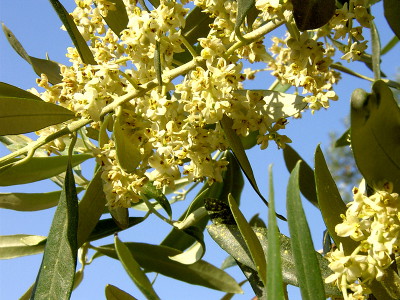
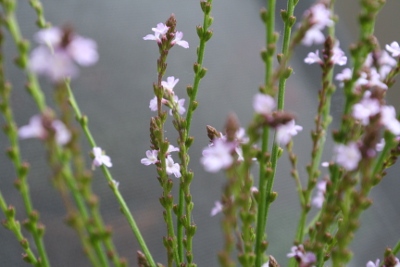
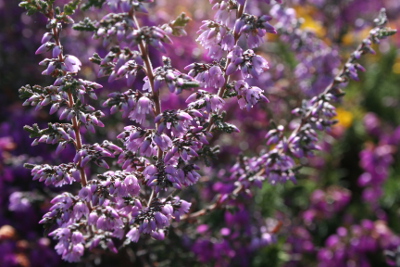
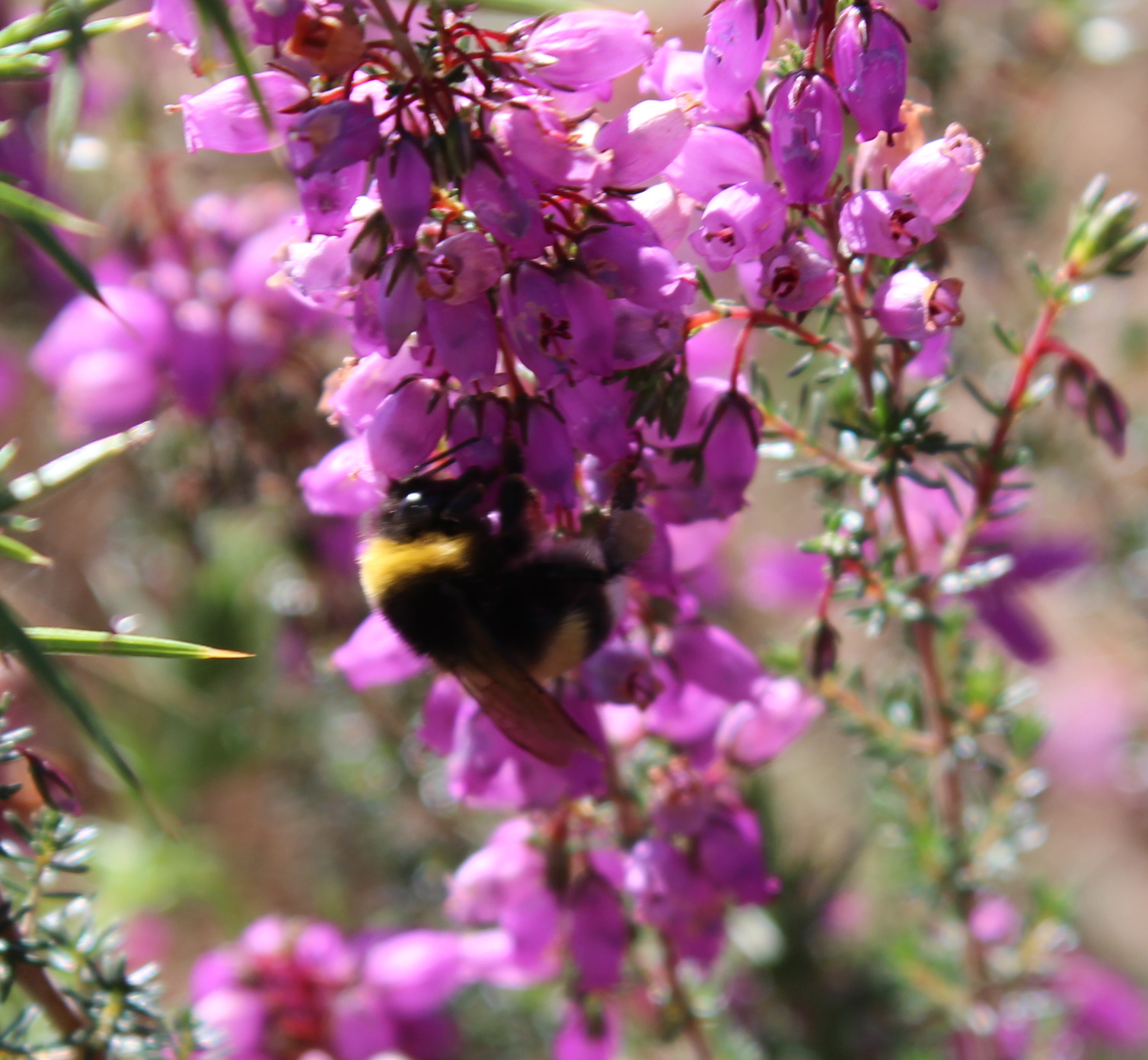
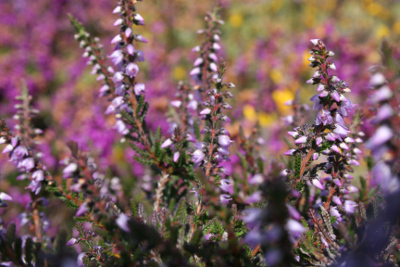
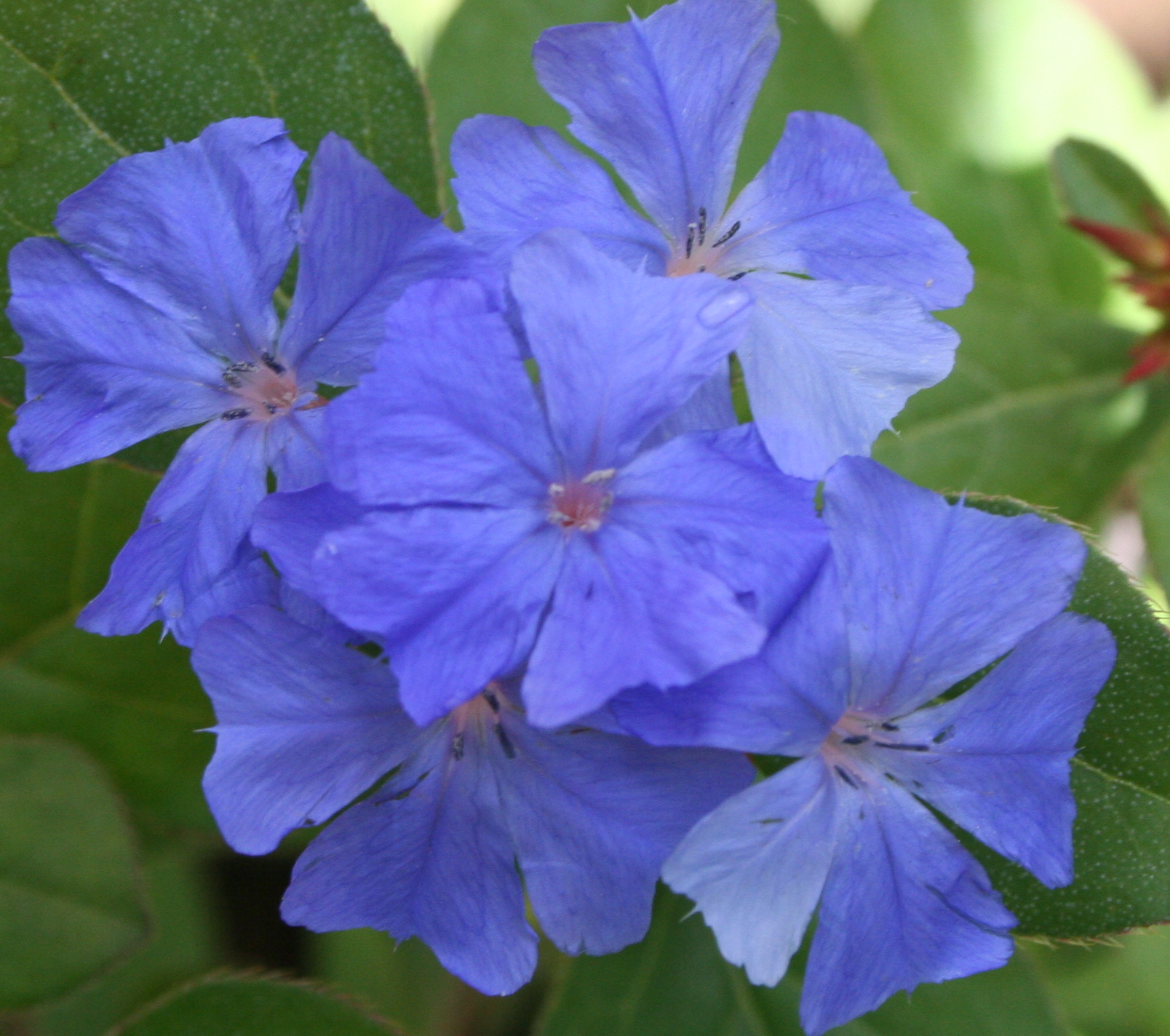
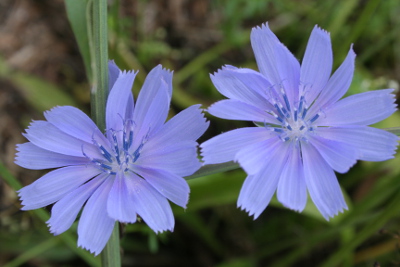
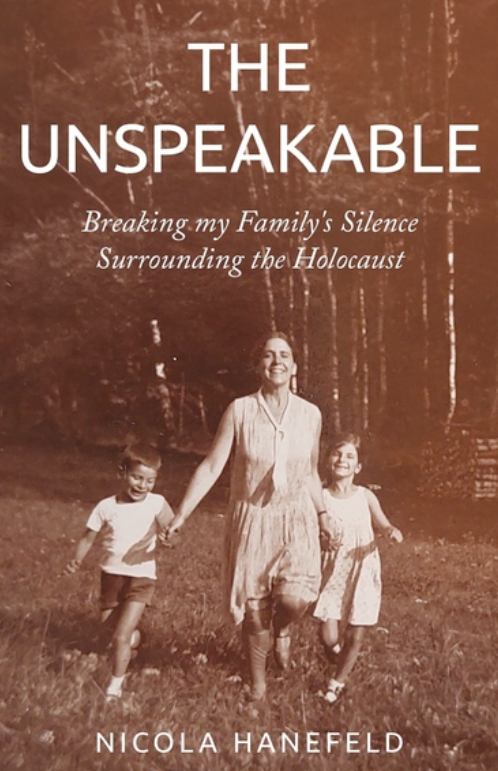



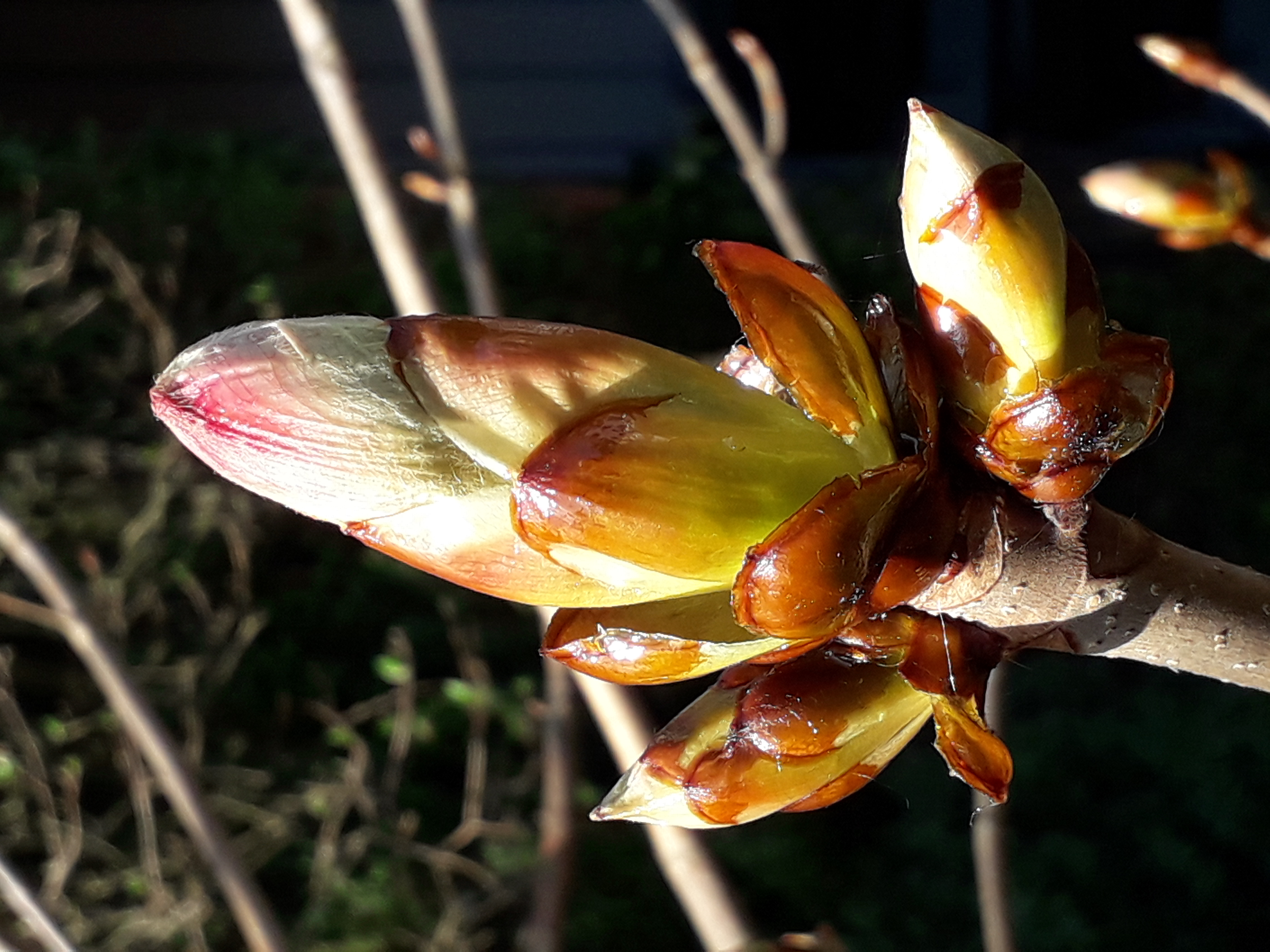
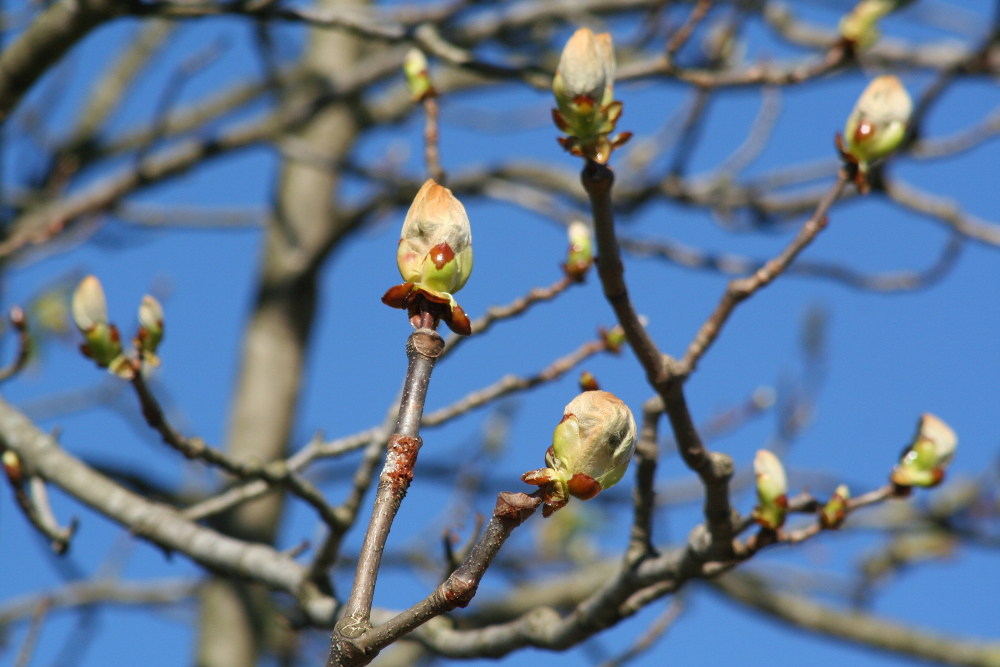
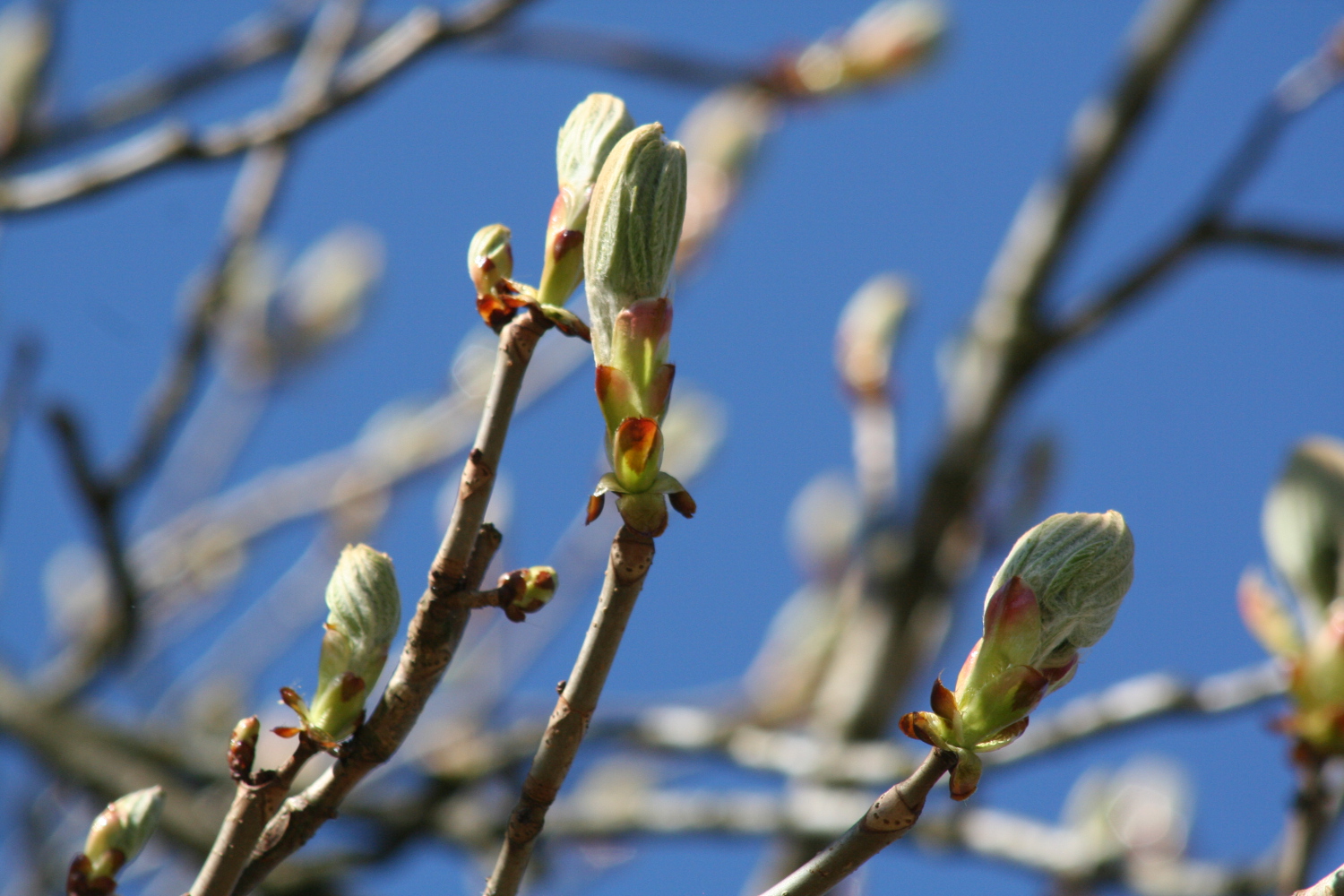

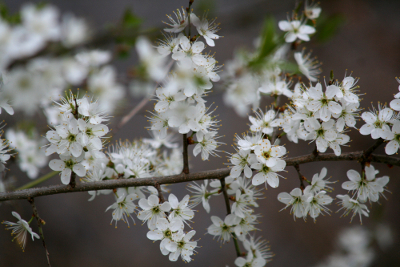
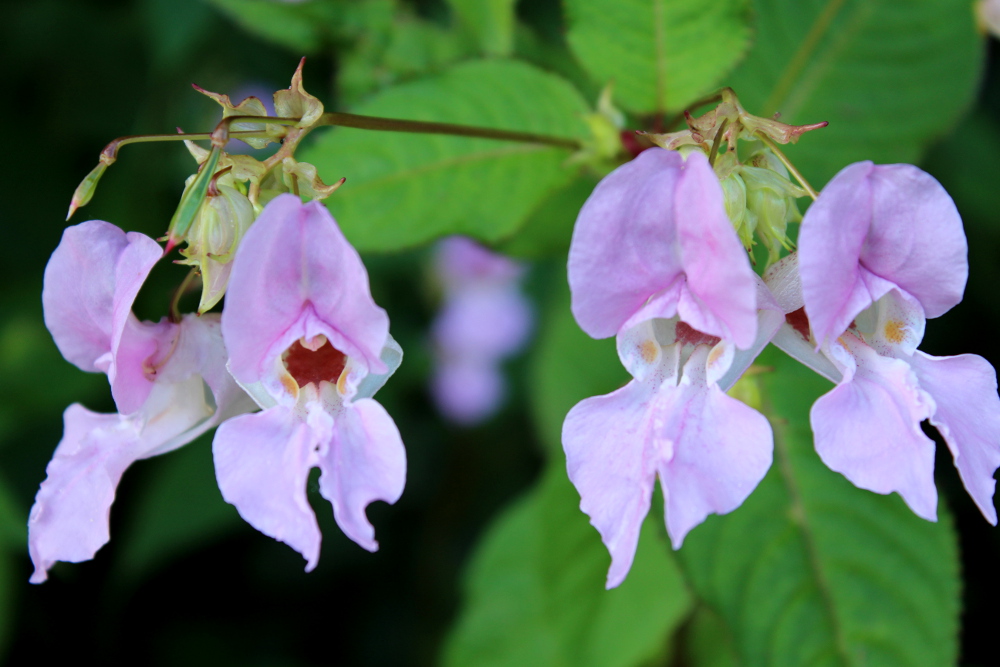


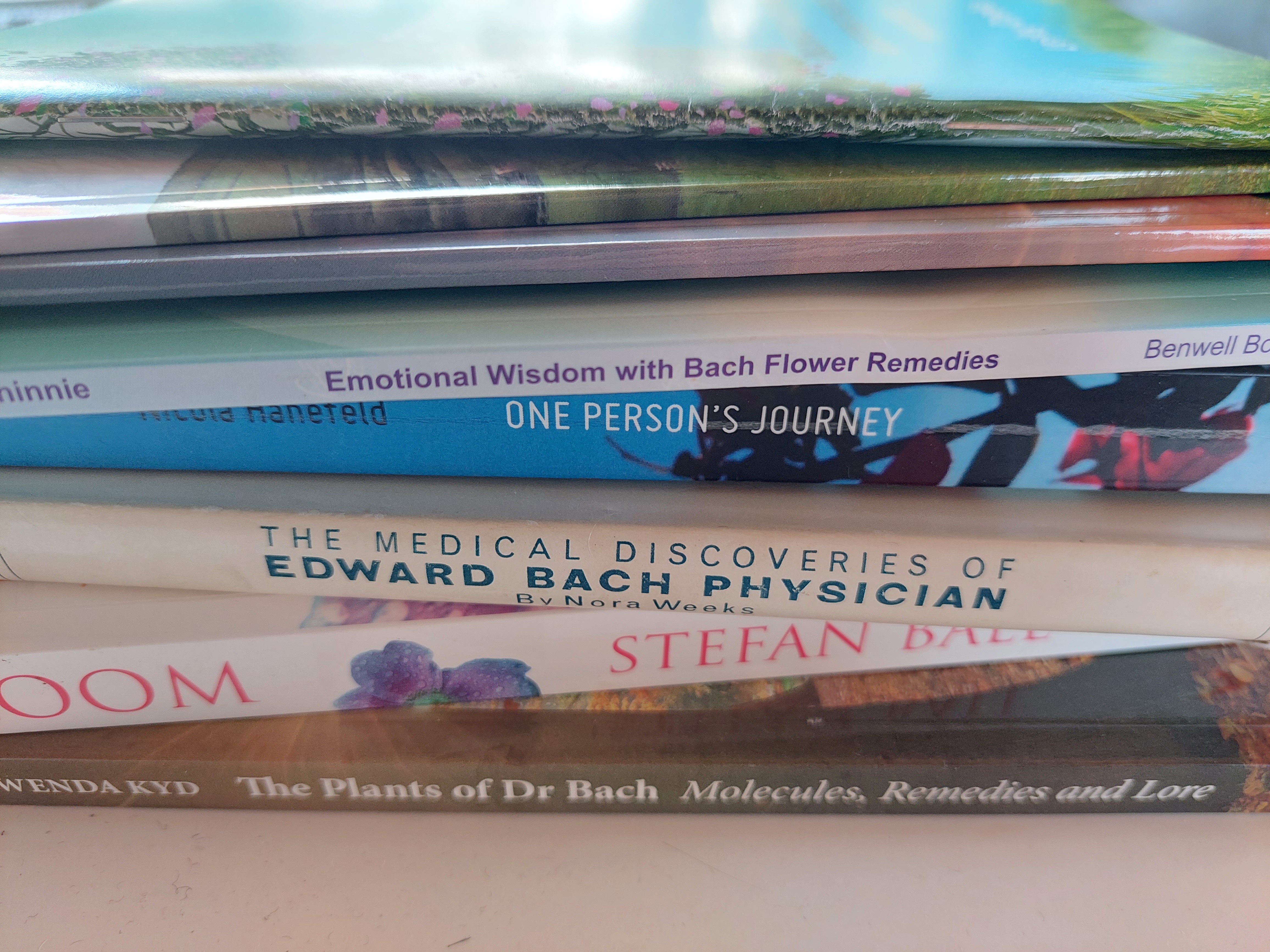





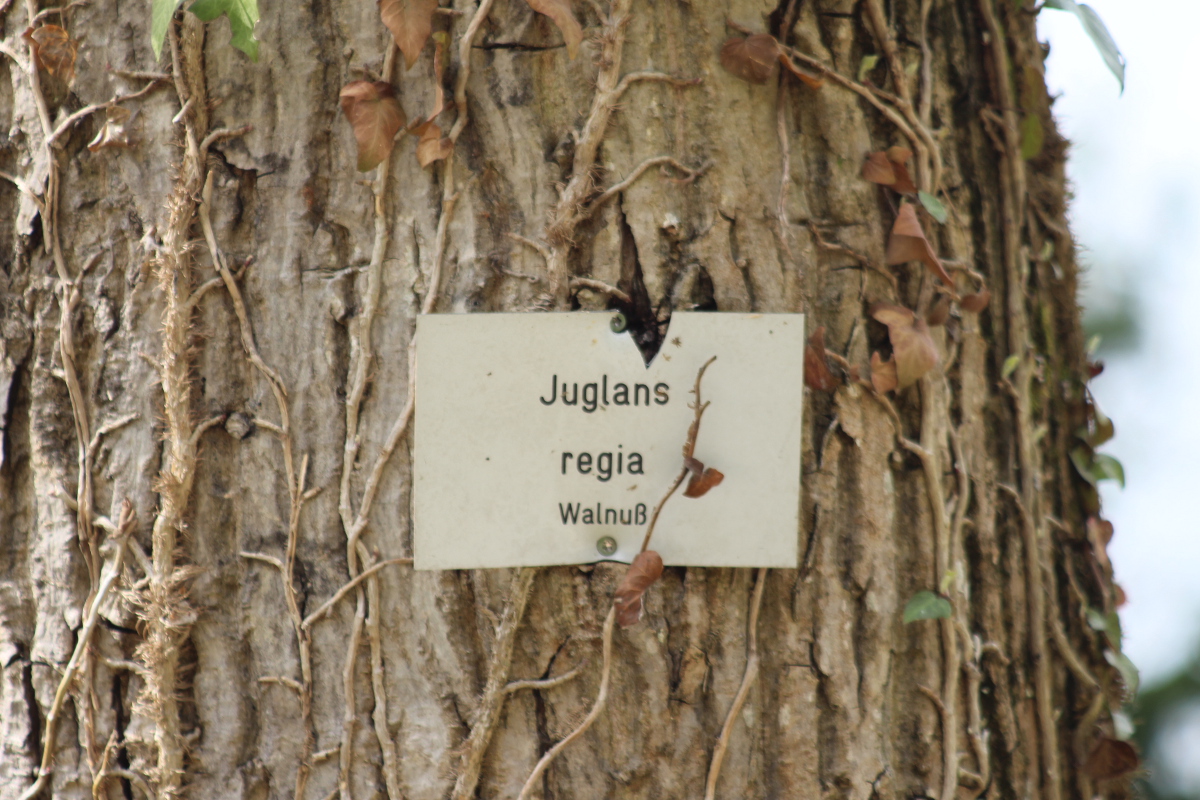




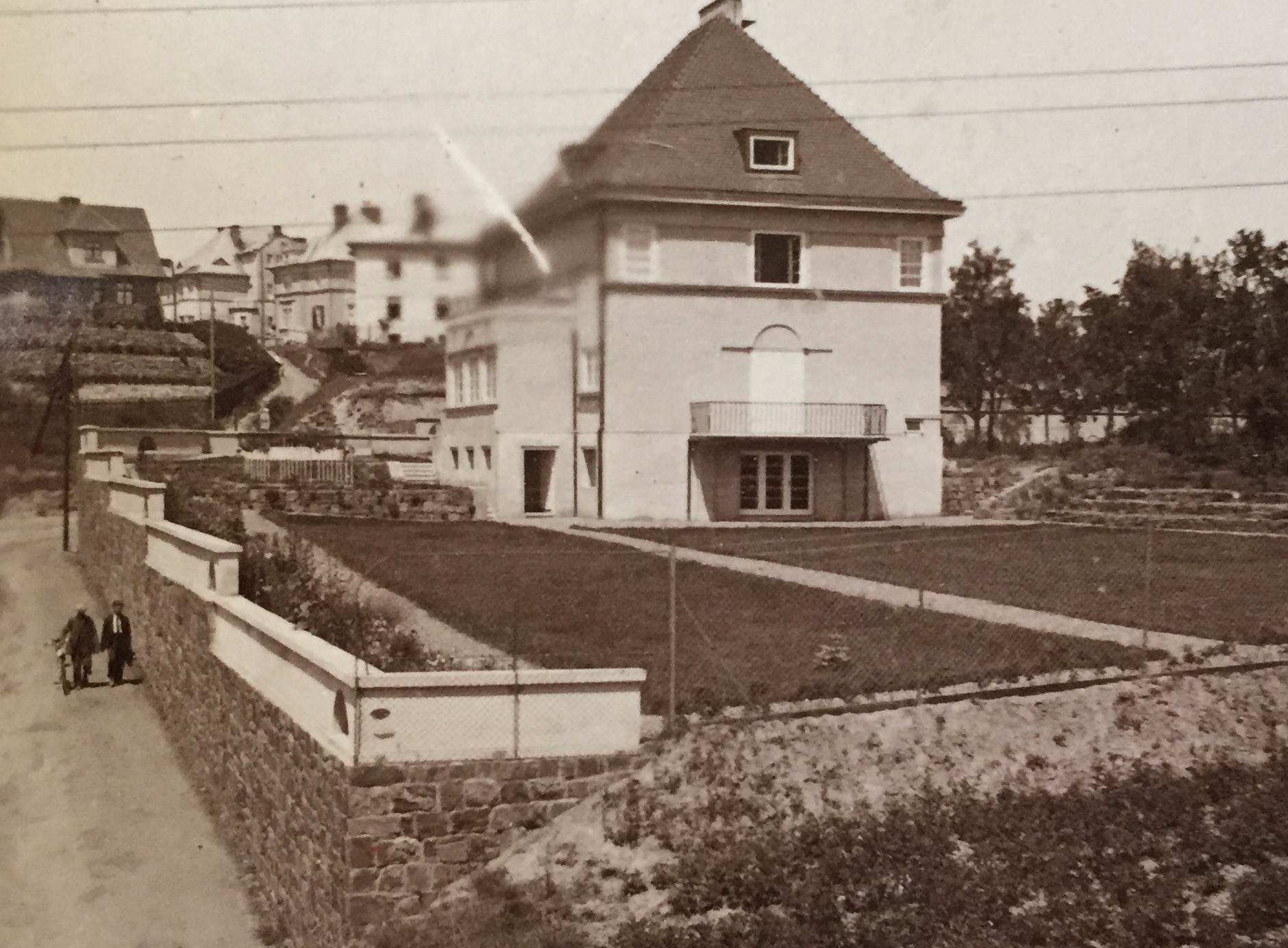
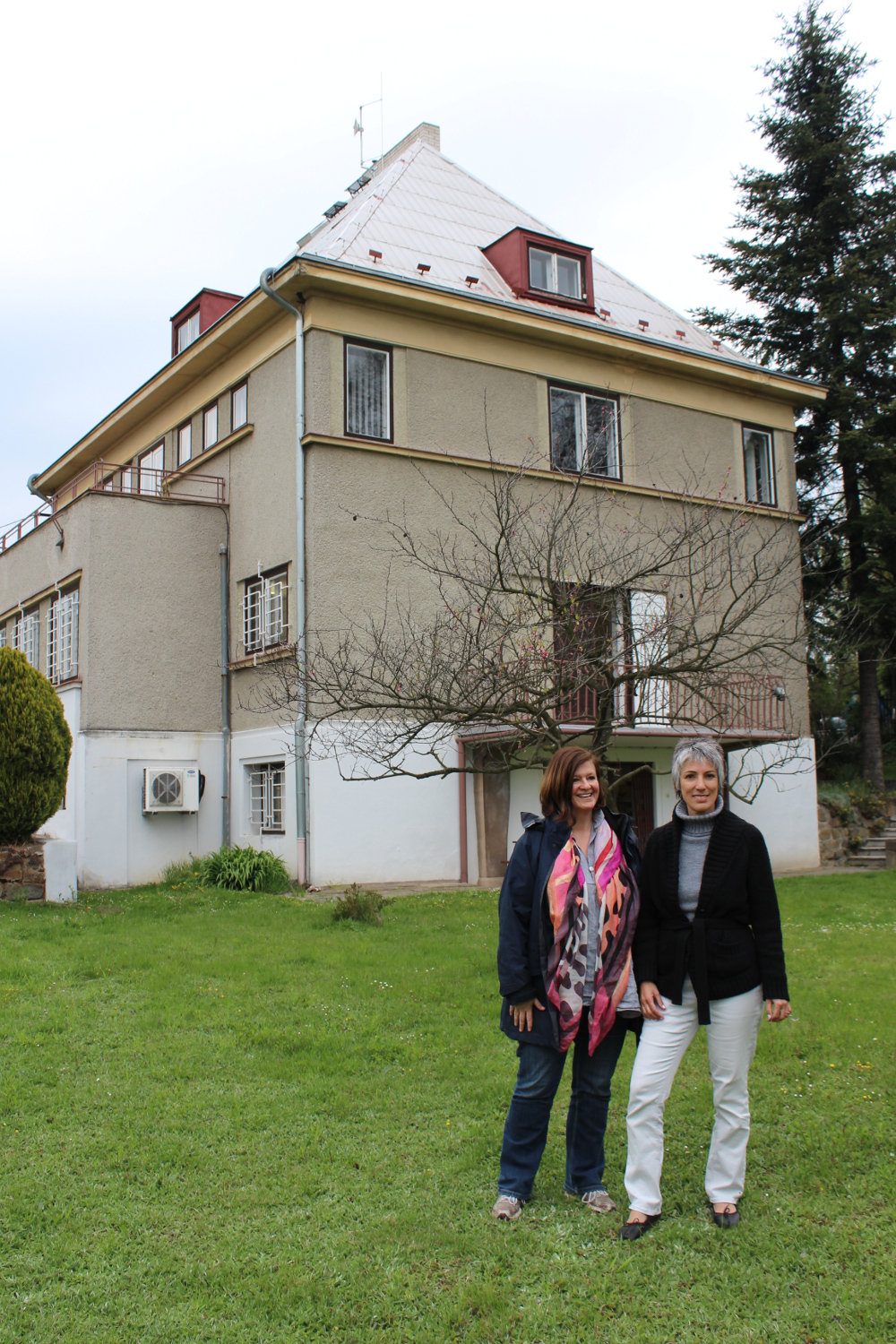 And there the house quietly stood as I turned to look at it one last time as we left: still majestic but a little tainted and time battered. It stood there simply on its mound overlooking the area and watching us people - as it had steadily done for the last 87 years.
And there the house quietly stood as I turned to look at it one last time as we left: still majestic but a little tainted and time battered. It stood there simply on its mound overlooking the area and watching us people - as it had steadily done for the last 87 years.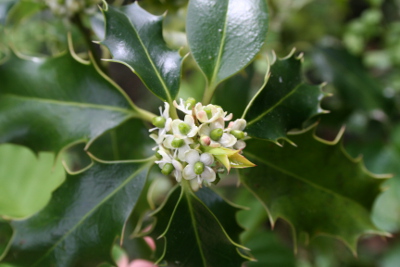
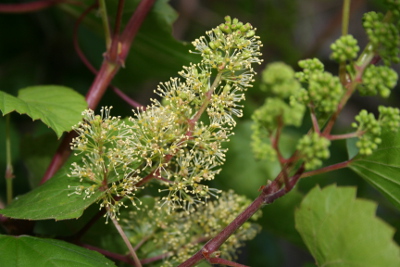 The Beech state involves intolerance. So a person needing this remedy can get infuriated by the shortcomings of others, it is an indignant, sharp, annoyed, critical displeasure.
The Beech state involves intolerance. So a person needing this remedy can get infuriated by the shortcomings of others, it is an indignant, sharp, annoyed, critical displeasure.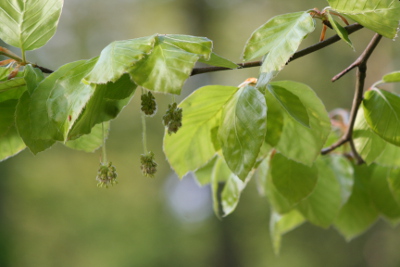
 Cherry Plum is a rather extreme state, someone is so tense, they feel could explode and do something they will regret. So there might have been something that has made them furious. A small child having a paddy has a Cherry Plum state, they can be difficult to reach when they freak out.
Cherry Plum is a rather extreme state, someone is so tense, they feel could explode and do something they will regret. So there might have been something that has made them furious. A small child having a paddy has a Cherry Plum state, they can be difficult to reach when they freak out.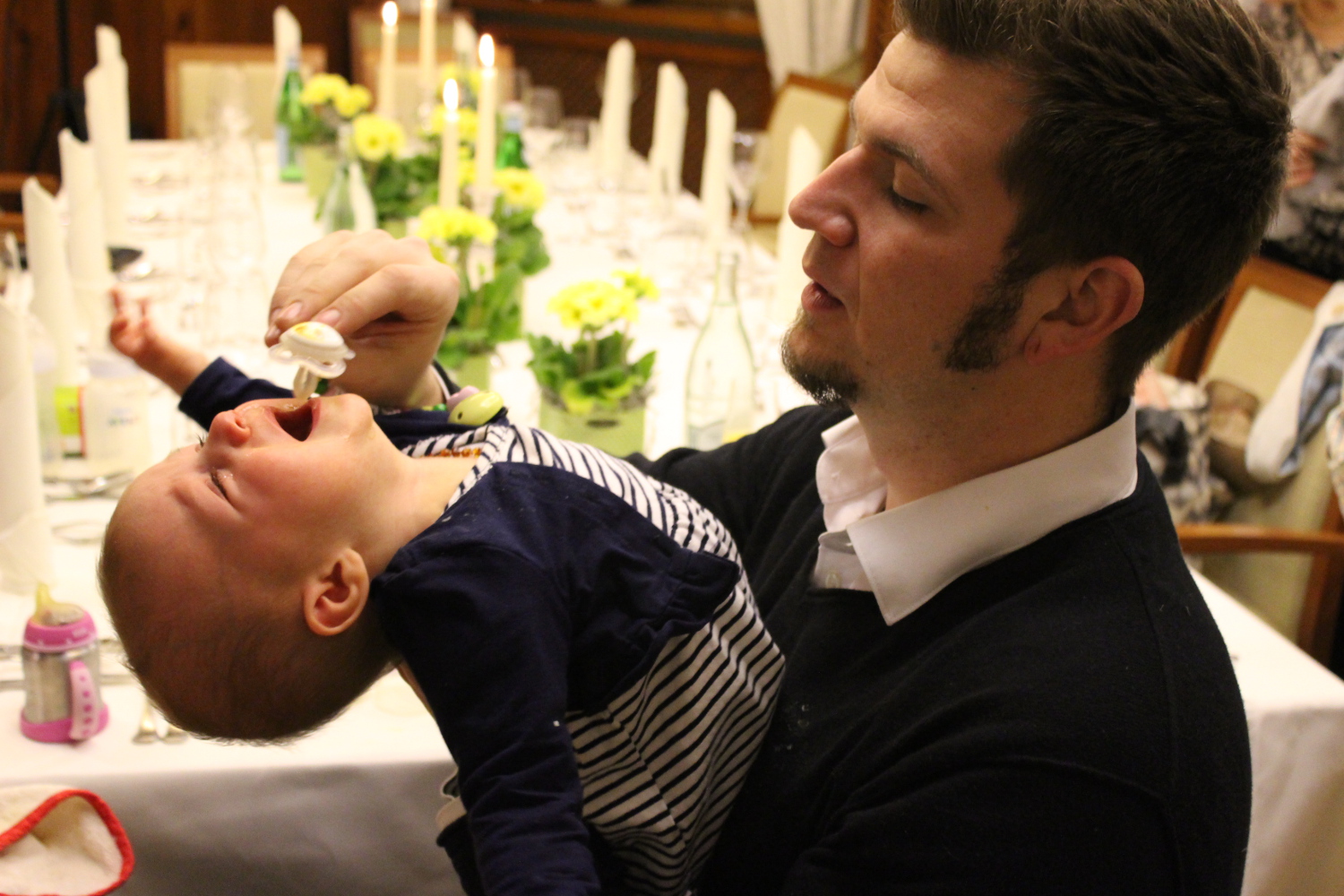 The Vervain anger is fuelled by a sense of identifying with something that is wrong in their opinion. Think of the angry emotions that flow in demonstrations against nuclear weapons or war or more recently against Donald Trump. The Vervain anger is fuelled by a keen sense of justice.
The Vervain anger is fuelled by a sense of identifying with something that is wrong in their opinion. Think of the angry emotions that flow in demonstrations against nuclear weapons or war or more recently against Donald Trump. The Vervain anger is fuelled by a keen sense of justice.
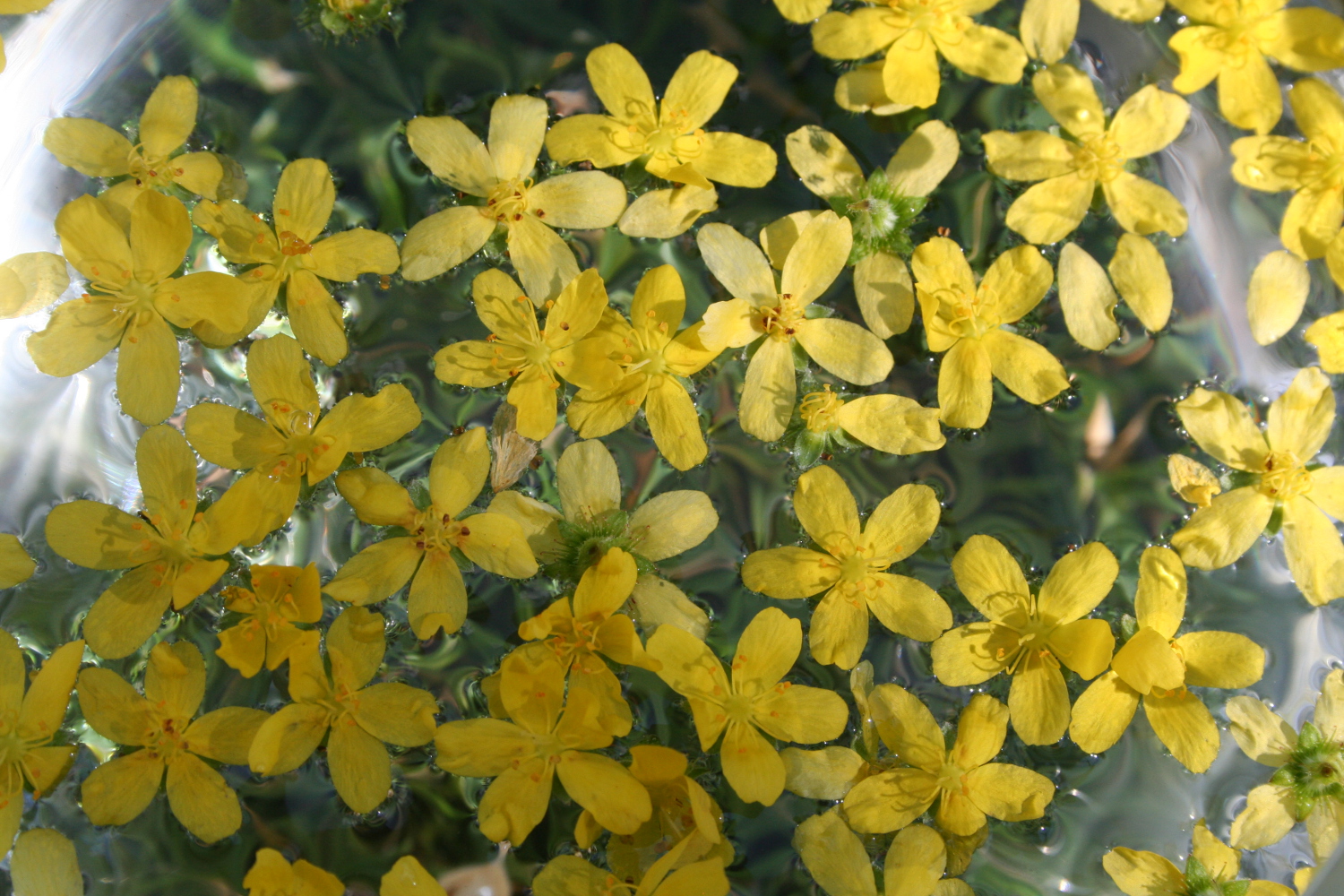


 This happened on the way back to Gemany after a visit to the Bach Centre in May 2015. I am sure I was more sensitive to the happenings because of the place I had just visited. I had arrived early at the airport and was just sitting and feeling the hum of Heathrow, simply watching. Something of a luxury these days I think.
This happened on the way back to Gemany after a visit to the Bach Centre in May 2015. I am sure I was more sensitive to the happenings because of the place I had just visited. I had arrived early at the airport and was just sitting and feeling the hum of Heathrow, simply watching. Something of a luxury these days I think.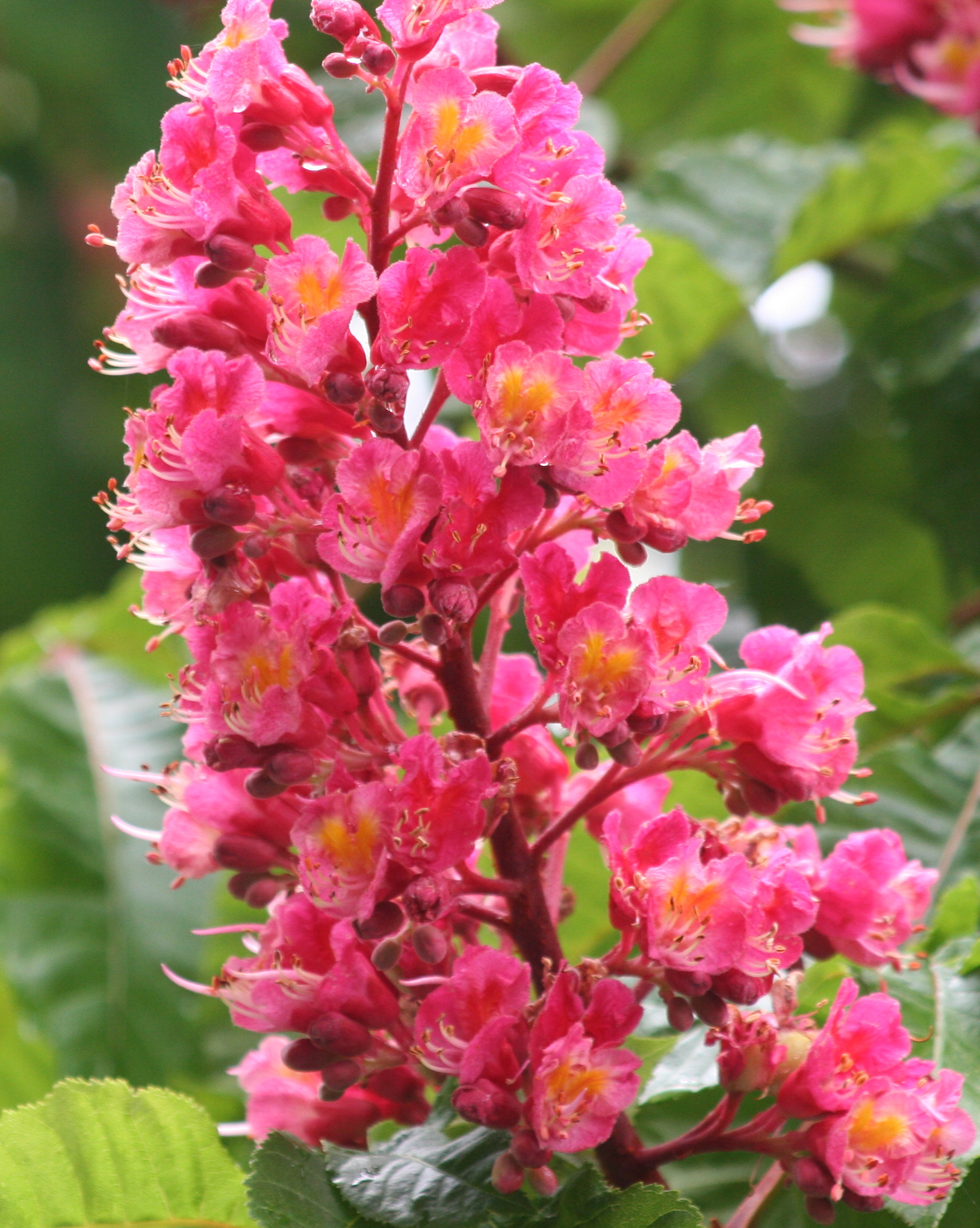 poor state but I did not feel courageous enough to ask if I could help him. What could I do anyway?
poor state but I did not feel courageous enough to ask if I could help him. What could I do anyway?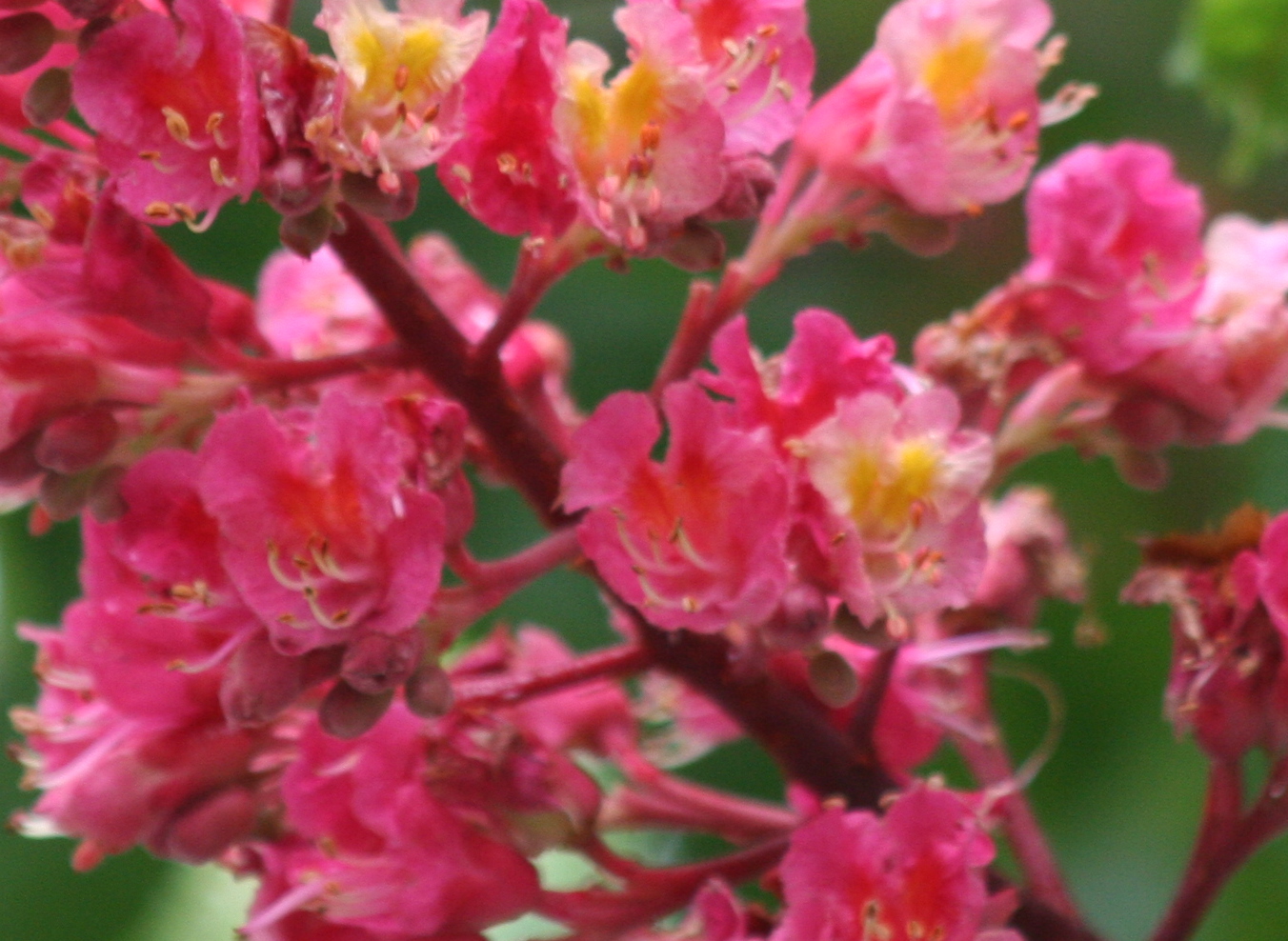 Dr. Bach’s description of the negative state:
Dr. Bach’s description of the negative state:  Chestnut as I kept thinking about the situation and could not get it off my mind.
Chestnut as I kept thinking about the situation and could not get it off my mind.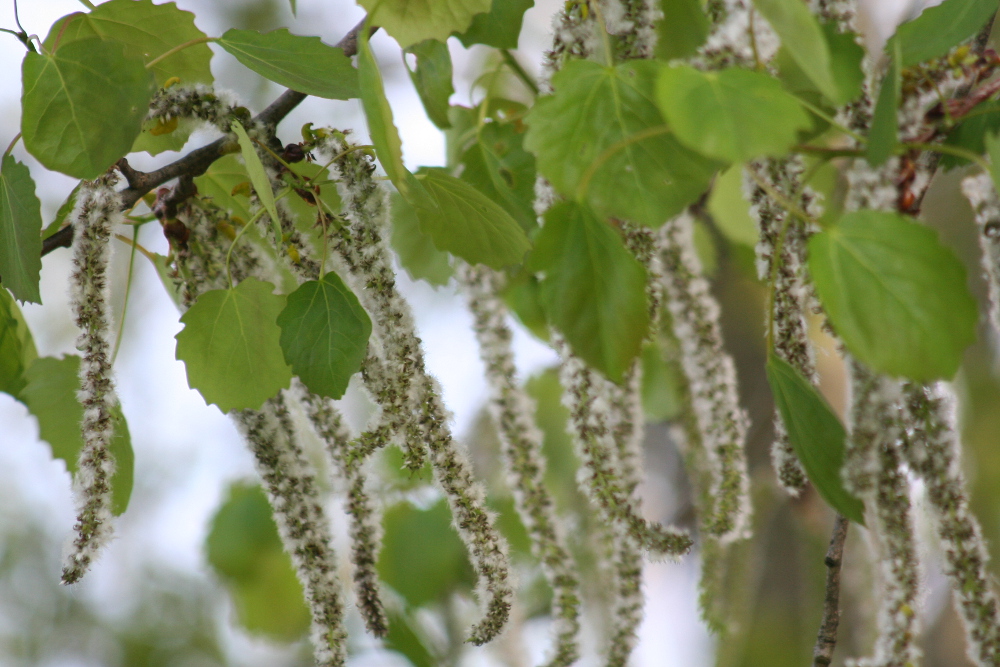 During the first week, amazingly, all was quiet when I was there. Once, when the final words in a Bach consultation had been spoken, a pneumatic drill started up, shaking the house violently in its foundations. It was like a dramatic symbolic message, loud and clear, underpinning what had just been said. My client and I burst out laughing. During the second week, arriving once at midday, I asked the workers if they could please now take a lunch break as I had a client. They happily and good naturedly complied. And during the third week as well, there was never once a disturbance for me and my clients while the road was being done.
During the first week, amazingly, all was quiet when I was there. Once, when the final words in a Bach consultation had been spoken, a pneumatic drill started up, shaking the house violently in its foundations. It was like a dramatic symbolic message, loud and clear, underpinning what had just been said. My client and I burst out laughing. During the second week, arriving once at midday, I asked the workers if they could please now take a lunch break as I had a client. They happily and good naturedly complied. And during the third week as well, there was never once a disturbance for me and my clients while the road was being done.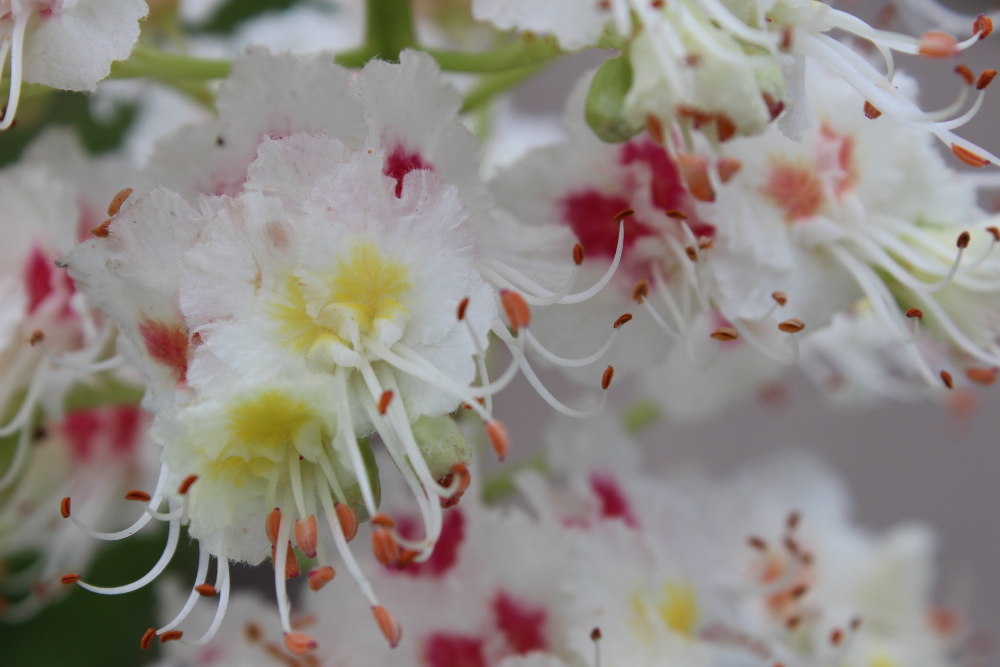 This experience, initially of my anxiety and then the unproblematic consequences of the road works made me again realise how often the mind jumps to conclusions. That is, at least my mind often does that. I
This experience, initially of my anxiety and then the unproblematic consequences of the road works made me again realise how often the mind jumps to conclusions. That is, at least my mind often does that. I 
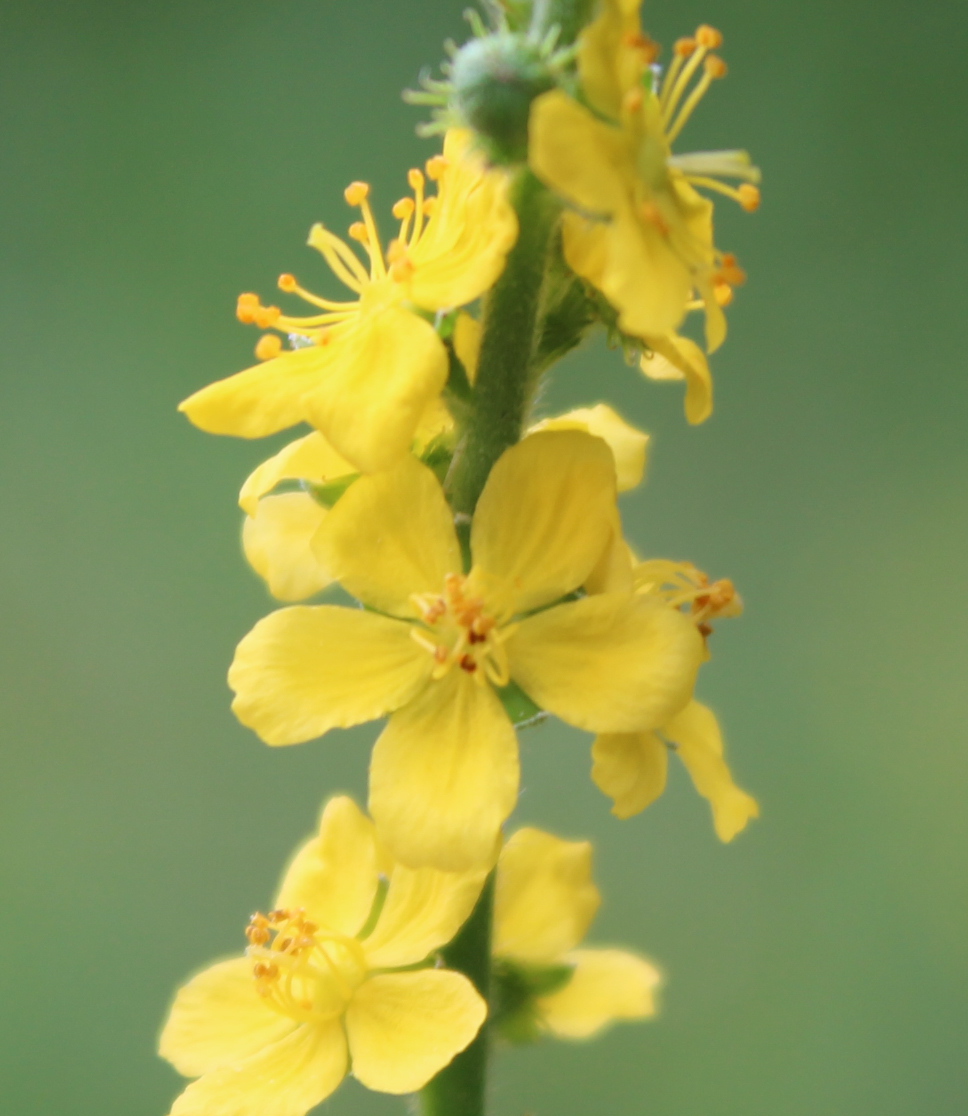 order, of emotional habits we can let go of with the help of the remedies:
order, of emotional habits we can let go of with the help of the remedies: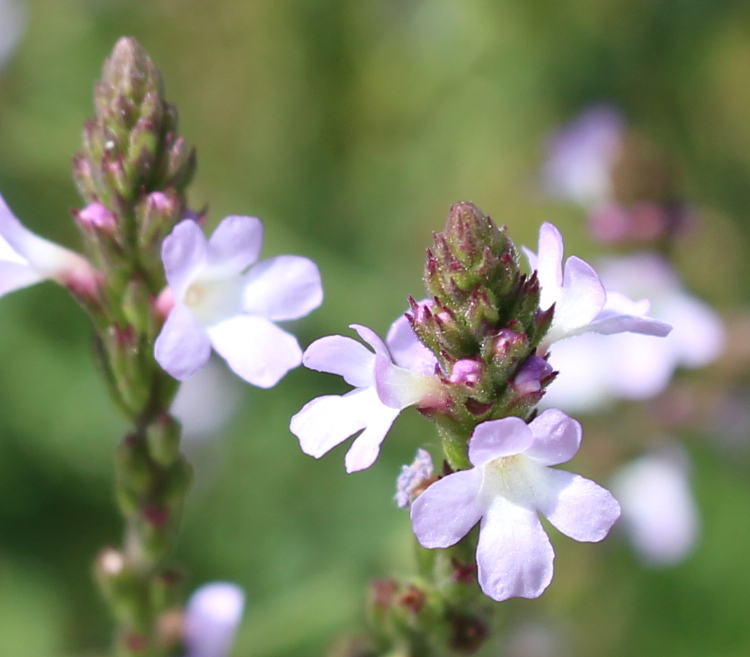
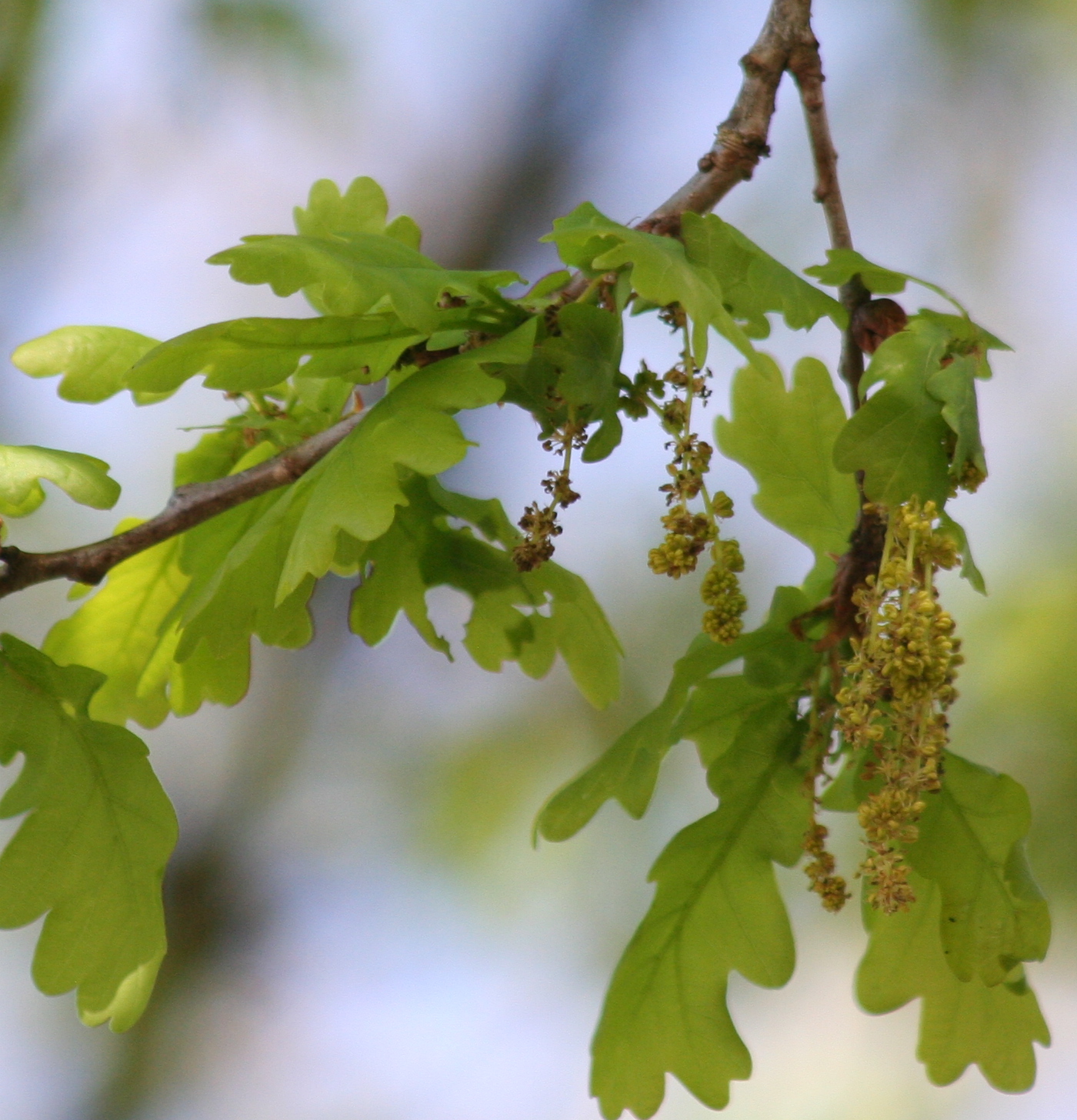 - let go of excessive work and a sense of duty with the help of Oak
- let go of excessive work and a sense of duty with the help of Oak 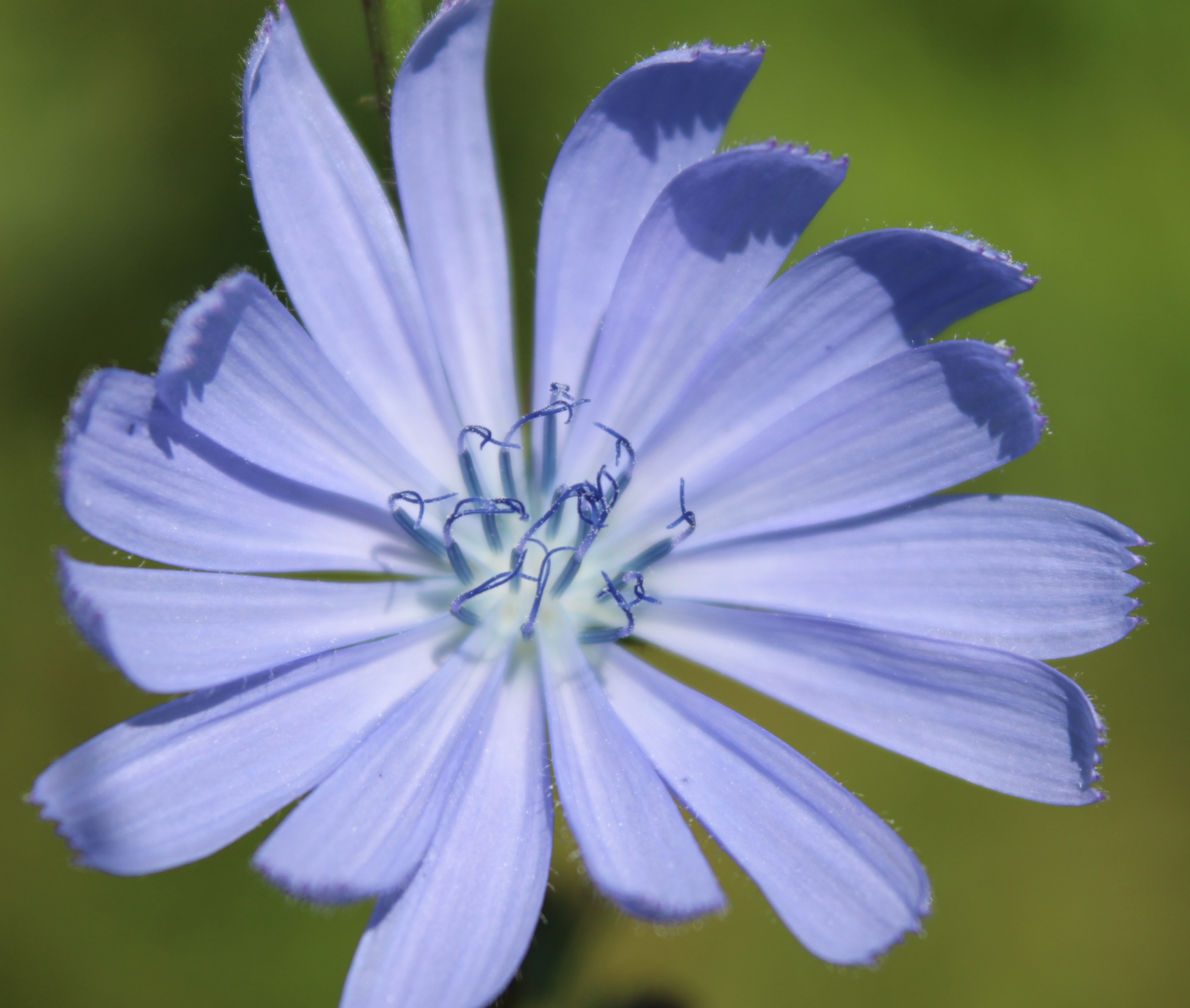
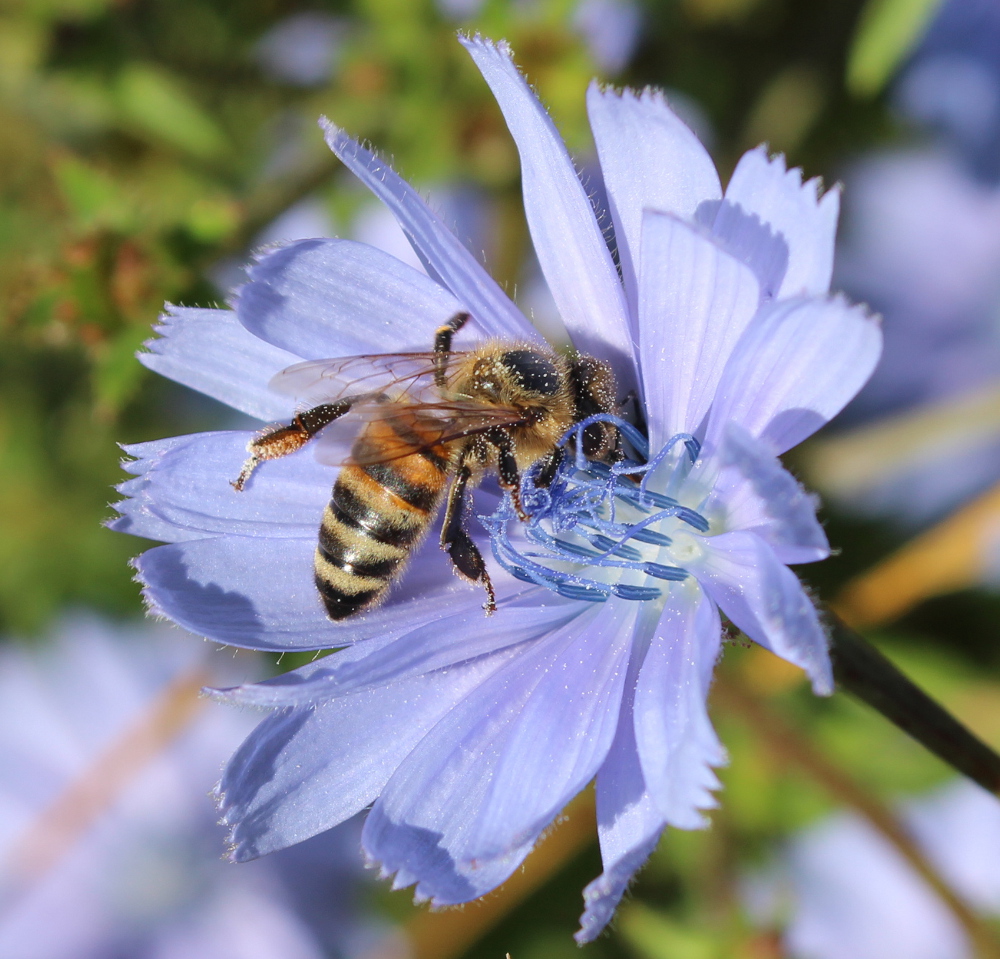
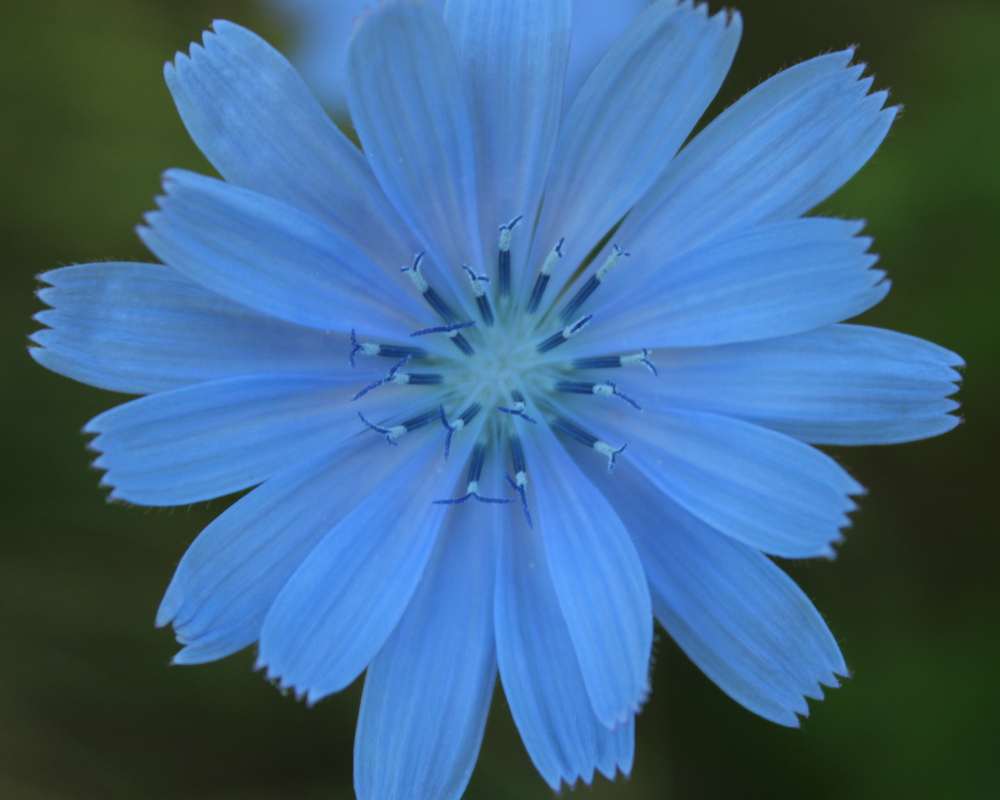
 Emotional baggage is a metaphorical term implying a "load" that people carry with them. It means that negative feelings we have not let go of are affecting present behaviour and mindsets. That can be the pain of disappointment or rejection, trauma, any kinds of distressing previous experiences and their memories. Emotional baggage comes to the fore in relationships and is often rooted in childhood. This is where the beauty of the Bach remedies comes in. Using them, we ask “how do I feel?" Honest answers will uncover emotional baggage and lead to resolving it, for we alone carry our baggage, no one else. And we alone can let it go.
Emotional baggage is a metaphorical term implying a "load" that people carry with them. It means that negative feelings we have not let go of are affecting present behaviour and mindsets. That can be the pain of disappointment or rejection, trauma, any kinds of distressing previous experiences and their memories. Emotional baggage comes to the fore in relationships and is often rooted in childhood. This is where the beauty of the Bach remedies comes in. Using them, we ask “how do I feel?" Honest answers will uncover emotional baggage and lead to resolving it, for we alone carry our baggage, no one else. And we alone can let it go. - Someone who carries a state of shame and guilt with themselves has a Pine state.There have been shocking revelations about child abuse in the Church recently. Many victims kept quiet for years and the abuse must have had a major effect on their ability to have happy and satisfying personal relationships. One gets an inkling of what kind of trauma and "emotional baggage" the victims must have carried (and perhaps still carry). Pine helps get over shameful, guilty, self-reproachful feelings. Photo: the flowers of the pine tree, Pinus sylvestris
- Someone who carries a state of shame and guilt with themselves has a Pine state.There have been shocking revelations about child abuse in the Church recently. Many victims kept quiet for years and the abuse must have had a major effect on their ability to have happy and satisfying personal relationships. One gets an inkling of what kind of trauma and "emotional baggage" the victims must have carried (and perhaps still carry). Pine helps get over shameful, guilty, self-reproachful feelings. Photo: the flowers of the pine tree, Pinus sylvestris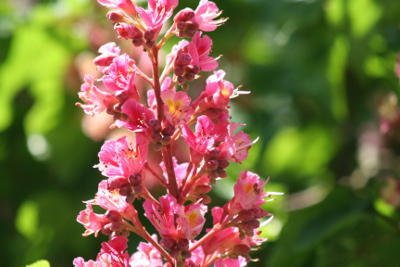 - A child who has lost a parent during childhood may carry a continual fear throughout their life about others they are close to - their children, partners, the remaining parent - that something may also happen to these people too. Red Chestnut helps us relax and develop trust that everyone has their own journey in life and that we can only influence it to a certain extent. We have calm thoughts towards loved ones in a positive Red Chestnut state, not worried ones. Photo: the flowers of the red chestnut tree, Aesculus x carnea
- A child who has lost a parent during childhood may carry a continual fear throughout their life about others they are close to - their children, partners, the remaining parent - that something may also happen to these people too. Red Chestnut helps us relax and develop trust that everyone has their own journey in life and that we can only influence it to a certain extent. We have calm thoughts towards loved ones in a positive Red Chestnut state, not worried ones. Photo: the flowers of the red chestnut tree, Aesculus x carnea - Some children learn to withdraw early in life if their parents or teachers are critical, dismissive or aggressive. Later in life a person who has not learnt to talk about their feelings might clam up when difficulties arise. Which in turn creates more difficulties. This is the negative Water Violet state and it makes us feel protected in isolation; others cannot reach or hurt us. It is the remedy of choice if one withdraws in emotionally challenging situations, resisting others getting close to us. Water Violet helps reduce aloneness and nourishes the ability to connect with others. Photo: the flowers of the water violet herb, Hottonia palustris
- Some children learn to withdraw early in life if their parents or teachers are critical, dismissive or aggressive. Later in life a person who has not learnt to talk about their feelings might clam up when difficulties arise. Which in turn creates more difficulties. This is the negative Water Violet state and it makes us feel protected in isolation; others cannot reach or hurt us. It is the remedy of choice if one withdraws in emotionally challenging situations, resisting others getting close to us. Water Violet helps reduce aloneness and nourishes the ability to connect with others. Photo: the flowers of the water violet herb, Hottonia palustris